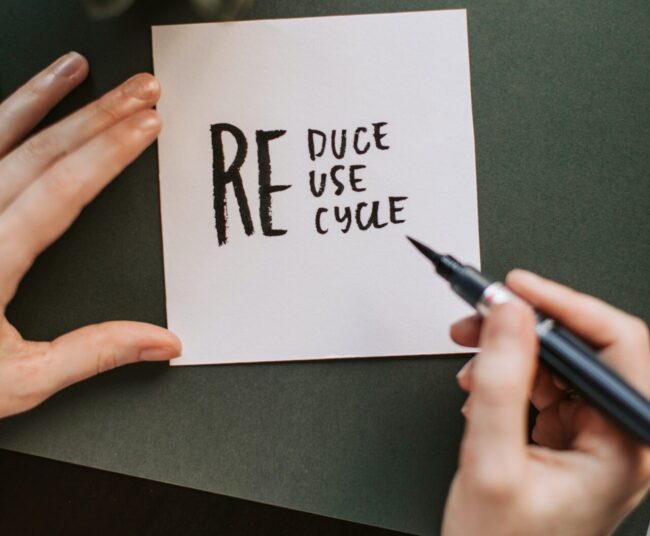Recycling is important because it conserves natural resources. By reducing the amount of waste that ends up in landfills, it will be possible to reduce the amount of raw material needed to make new products. Recycling also reduces pollution and protects the natural habitat. It also saves energy compared to manufacturing new products. Recycled tin can save enough energy to run a television for three hours. It also takes about 70 percent less energy to recycle paper.
In addition to helping save energy, recycling also reduces greenhouse gas emissions. By recycling, you can save up to 60% of the energy that is needed to produce new products like steel, paper, plastic, and glass. It also creates a new job sector for millions of people around the world. Every ten tons of waste recycled can create 36 jobs, compared to six jobs created by landfills. Additionally, recycling reduces greenhouse gases.
Paper products make up 26% of the waste materials in the United States. Recycled paper can save trees, and recovered glass can be used to make road paving. Plastics are another major waste material, but they do not break down organically in landfills. Recycled plastic products can be reused many times. If you buy new products made of recycled materials, you are contributing to closing the recycling loop. Recycling also means buying fewer new products that contain virgin materials.
One way to teach children about the importance of recycling is to start young. Even if it is difficult to get a child to change his/her behavior later, the benefits far outweigh any potential negatives. For example, you can create a game out of teaching your child about recycling. By doing this, they will learn why it is important to care for our planet and how to do their part in saving it. And if you can get them to play with the idea of recycling, even better!
Another important benefit of recycling is that it reduces landfill waste. Landfills emit CO2, which is a powerful greenhouse gas, but methane is even more harmful. It is estimated that composting one ton of organic waste reduces emissions equivalent to taking two months off the road. In the RethinkWaste service area, composting enough organic waste would reduce emissions equal to taking 22,000 cars off the road. And this is not even counting the many benefits of composting organic waste.
